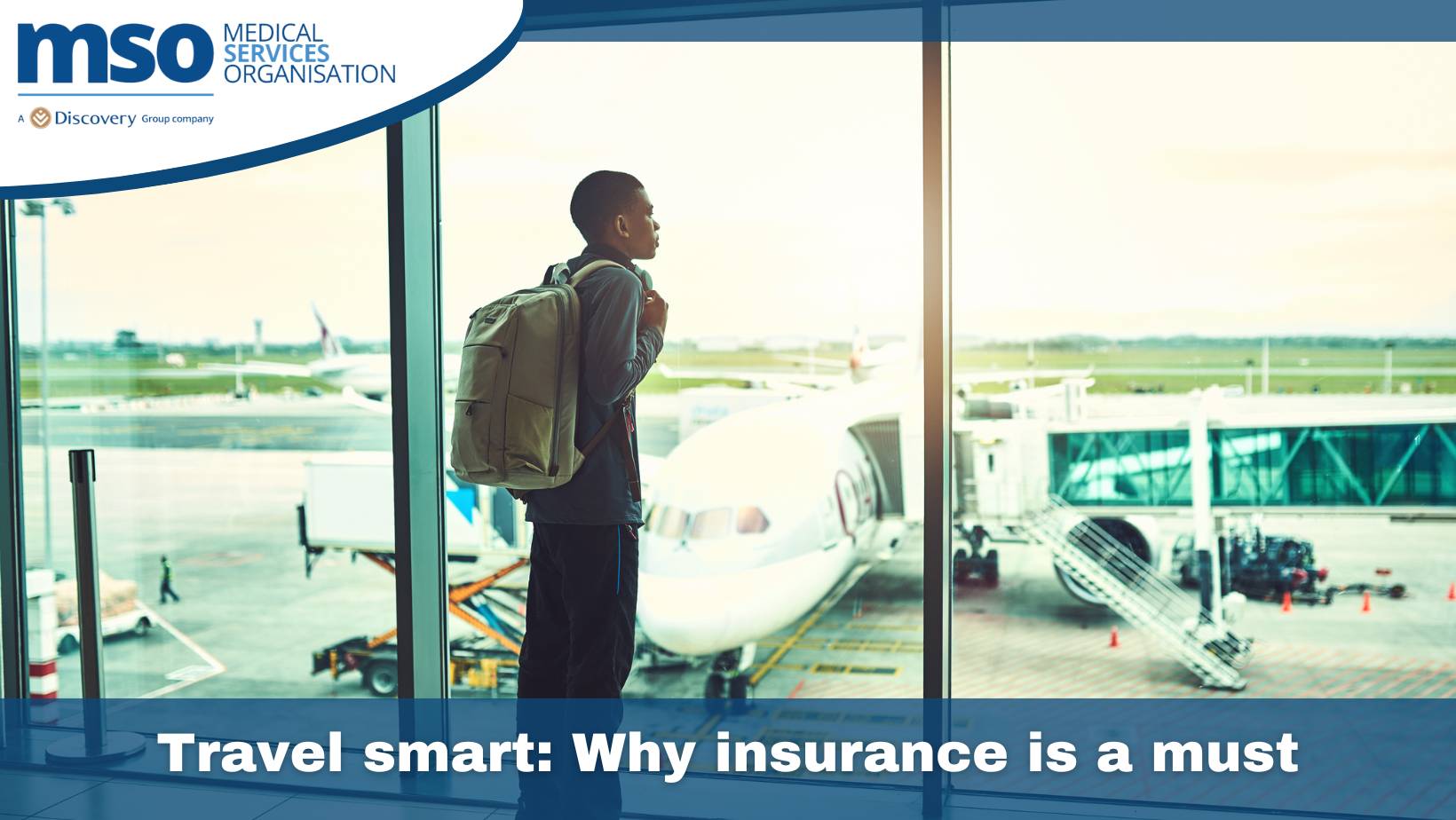Demystifying Travel Insurance: Your Guide to Understanding How it Works
Travelling can be one of the most exhilarating life experiences for some, however, with it, comes various uncertainties and risks. From flight cancellations to medical emergencies abroad, unexpected events can disrupt even the best-laid plans. This is where travel insurance steps in, offering financial protection and peace of mind for even the most seasoned traveller.
But, how does travel insurance work, and how does corporate travel insurance work in particular? Can you get insurance while abroad, and what actually happens should the worst happen? We unpacked a full guideline of what you need to know.
What is Corporate Travel Insurance?
Corporate travel insurance is a comprehensive policy tailored to meet the specific needs of businesses sending employees on trips, both domestically and internationally.
Unlike standard travel insurance, which individuals might purchase for personal trips, corporate travel insurance addresses unique concerns such as:
- Coverage for Business Equipment: Protection for laptops, mobile devices, and other business-related items essential for work during travel.
- Emergency Medical Assistance: Access to medical services and facilities abroad, ensuring employees receive necessary treatment without financial burden.
- Trip Cancellation or Interruption: Reimbursement for non-refundable expenses due to unexpected trip cancellations or disruptions, such as flight delays or political unrest.
Acquiring Travel Insurance
In many cases, when you purchase your ticket with your credit card, you will automatically receive insurance for your travels from your bank. However, if your company, for example, purchases your ticket for you, or, if you travel for extended periods of time, you might want to consider purchasing insurance yourself.
Travel insurance can be purchased directly from insurance companies, travel agencies or online platforms specialising in travel services.
The process typically involves:
- Choosing Coverage: Select a policy that suits your travel needs, considering factors like trip duration, destination, and activities planned.
- Paying Premiums: Premiums vary based on coverage levels and your personal details, such as age and health.
- Policy Documentation: Upon purchase, you receive a policy document outlining coverage details, exclusions, and contact information for emergencies.
Whether for business or personal travel, always check if you are covered by your bank, insurance or medical aid.
Making a Claim
But, what happens if something goes wrong? Whether it is lost baggage, a cancelled flight, or even a medical emergency, the first thing you need to do is have the contact details of your insurer on hand.
When unexpected events occur during your trip, follow these steps to initiate a claim:
- Contact Your Insurer: Notify your insurance provider as soon as possible, providing details of the incident and supporting documentation (e.g., receipts, medical reports).
- Complete Claim Forms: Fill out the required claim forms accurately, including all necessary information and supporting evidence.
- Claim Assessment: The insurer assesses your claim based on policy terms and the nature of the incident.
Navigating the Payout Process
In many cases, like a medical emergency, your insurer will be in contact with other parties, like the medical professionals on the ground, as well as the repatriation team. Everything will usually be managed through and go through them.
However, if it is lost baggage or a cancelled flight, you should be paid out directly if your claim is approved:
- Reimbursement: You receive compensation for covered expenses, such as medical bills, trip cancellations, or lost belongings.
- Direct Payment: In some cases, especially for medical emergencies, the insurer may arrange direct payment to service providers.
Consequences of Travelling Without Insurance
Choosing not to purchase travel insurance can leave you vulnerable to financial losses and logistical challenges. The cost, for example, of a normal repatriation for one person from a European country is well over R1-million and if an air ambulance is needed, could be in excess of R3-million, and comprises detailed coordination.
Lack of insurance exposes you to the following:
- Out-of-Pocket Costs: You’re responsible for covering expenses related to medical emergencies, trip cancellations, or lost luggage.
- Disrupted Plans: Without insurance, unforeseen circumstances could lead to significant disruptions, affecting both finances and itinerary.
Key Considerations
There are some things that you need to take into consideration before purchasing travel insurance.
Things to consider include these important factors:
- Coverage Details: Understand what’s included (e.g., medical expenses, trip cancellations, baggage loss) and excluded (e.g., pre-existing conditions, high-risk activities). If you have existing medical conditions, make very certain that they are covered.
- Policy Limits: Be aware of maximum coverage amounts for different scenarios and any deductibles that apply.
- Emergency Assistance: Confirm 24/7 emergency contact information and procedures for accessing assistance abroad.
- Review Policy: Read the policy document thoroughly to grasp the terms, conditions and procedures for filing claims.
The Bottom Line
Travel insurance acts as a safety net, offering financial protection and support during unforeseen events while travelling. From securing coverage to navigating the claims process, understanding how travel insurance works empowers travellers to make informed decisions and enjoy their journeys with greater peace of mind.








